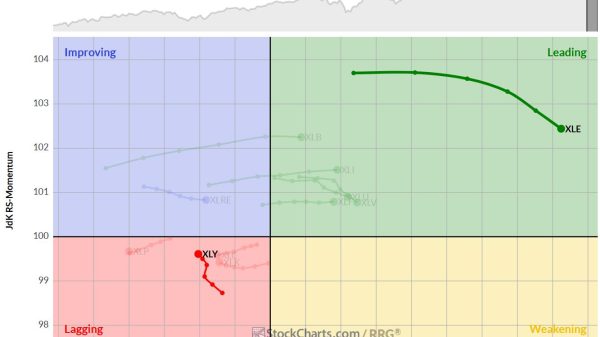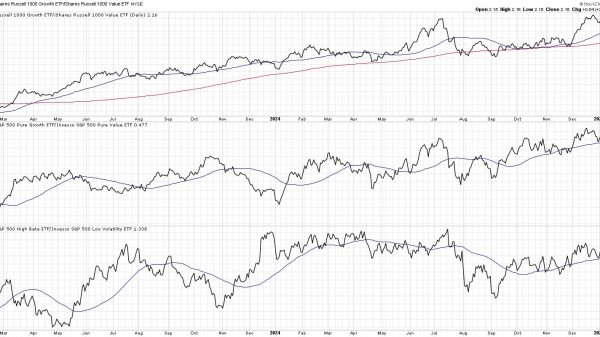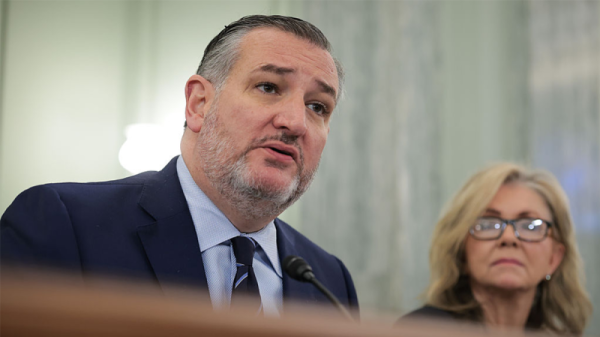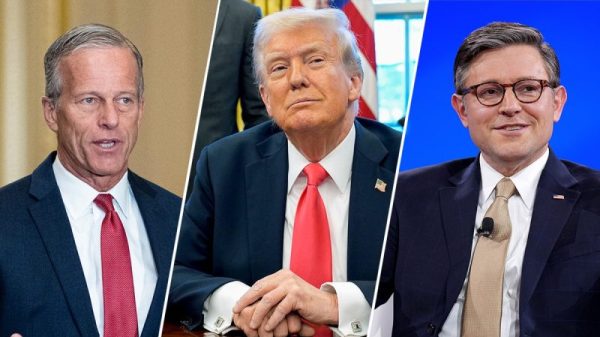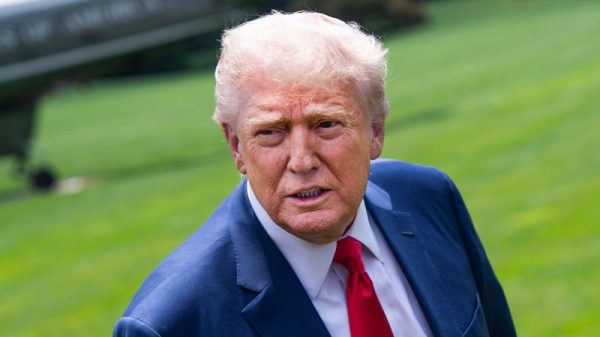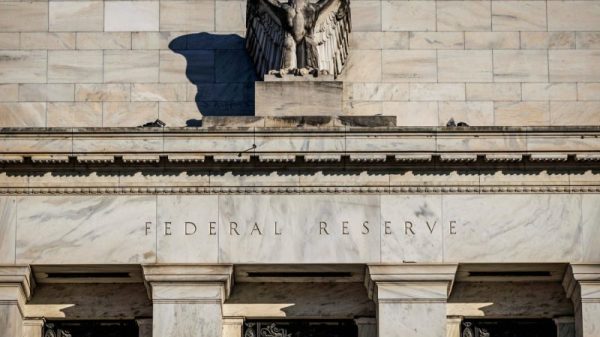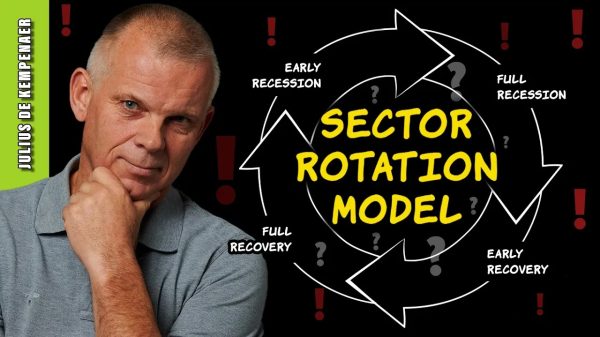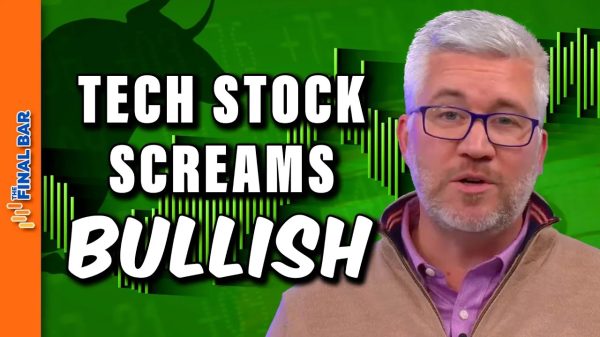We seem to be moving towards a wealth tax. At least, there is a growing consensus on one side of the political spectrum that a wealth tax is “needed” — politician-speak for “bad idea that I want to do anyway.”
Interestingly, the need for a wealth tax is not primarily the need for revenue, a way to reduce the exploding deficit. That would at least have some tenuous connection to reality, though it would still be a bad idea. The argument for a wealth tax is fairness; as far back as 2008, candidate Barack Obama famously said the quiet part out loud, and strongly advocated for increased taxes on capital gains, even if it explicitly meant that tax revenues declined.
I have written before about some of the reasons that wealth taxes are a problem. The notion of “social justice,” and the unique position of the state as controller of coercion, are somehow supposed to justify theft of accumulated savings, even after the owner of the wealth paid his or her taxes on the income. The logic is eternal: “You have something left over? Give us some! And next year, too, until you have nothing.”
The difference between an income tax, or consumption/transactions tax, and a wealth tax, is important. The first two are taxes on what economists call flows, activities that are defined over a time period. Income, or consumption spending, is a movement of value, and taxing those movements (flows) is a way of collecting revenue from the working of the system.
Wealth is different, because wealth is the accumulation of income I already paid taxes on, and didn’t use to buy yachts or caviar, or anything else for that matter. Wealth is a stock, and it has already been taxed when it was flowing into my savings account, or into purchases of ownership shares of companies, real estate, or other assets.
But that suggests another problem, a really vexing problem. Even if you want to tax wealth, how do you estimate the value of wealth, so you can apply a tax rate? Pres. Biden’s proposal is two percent, Sen. Warren’s proposal is three percent. But two or three percent of what?
The answer from inventive minds of wealth taxers is ultra-simple. Seriously, it’s “ULTRAs”, or UnLiquidated Tax Reserve Accounts. This might seem like simply a way of using “in-kind tax payments,” but it’s something much more.
As explained by law professor Brian Galle and colleagues in a 2023 Duke Law Journal article:
It seems like it should be simple to know how much a thing is worth. Modern securities markets track value by the nanosecond; websites instantly appraise our homes, cars, and collectibles. The difficulty is that a modest but important portion of the wealth held by the world’s richest individuals is not publicly traded securities or even expensive homes, but instead complex assets, such as intellectual property rights or stakes in private businesses. Far from being traded every nanosecond, many of these are hardly ever sold at all. Zillow and other websites estimate valuations by examining sales of comparable properties, but the relatively unique nature of a business or an intellectual property right can make that challenging.
The practical problem with wealth taxes is deciding just how much wealth is there, to be taxed. As Galle, et al (2023) note, the current practice is to apply the tax when the wealth is “realized,” or liquidated. Since these “evaluation events” don’t happen every year — people may hold wealth positions for years, or decades — some other method is required for an annual wealth tax to work.
It would be possible to treat such as value as “mark to market” estimates, but again for assets that have thin markets—stocks in closely held or family corporations — or no annual market at all — for a unique mansion, or a large piece of real estate for which no “comparables” exist — such estimates are likely to be inaccurate, and expensive to check.
That’s where “ULTRAs” come in. Instead of taking two percent (say) of the liquidated value of the wealth, the state would simply take ownership of the wealth, in place. An ULTRA is a “notional equity interest.” The government literally takes a portion of the value of the asset; that value will be paid to the state when the asset is sold. Now, it is only a “notional” stake, in the sense that no shared right of control or voting rights exists. But for those who advocate for ULTRAs, in any situation where tax agencies are authorized to tax an asset today, but cannot because there is no evaluation event, the taxpayer could be made to pay with an ULTRA rather than with cash.
Since the state takes a percentage stake, rather than a percentage of the estimated value, the problems of information asymmetry, distortions of deferring realization, and many other administrative problems, are eliminated or reduced.
At least, that is the story told by advocates. But in an important new paper by Charles Delmotte (Alabama Law Review, forthcoming), we get a different account. Delmotte notes that any tax system must satisfy three criteria: administrability, efficiency, and equity. Put simply, this means that the tax must be possible to implement and collect, that the revenues are large relative to the costs of collection and the distorting effects on those being taxed, and that the law itself can be imposed fairly and equally, without arbitrary or discretionary differences across groups of taxpayers.
Demotte argues persuasively that wealth taxes fail all three criteria, and that ULTRAs are not the neat solution that advocates think. He gives a useful example: imagine that Giselle, a successful pop music star and “influencer,” who owns (among other things) a privately held business named “Plenty,” which tries to sell inexpensive fashionable clothing.
It is very difficult to know the value of the asset, but ULTRA to the rescue! As Delmotte puts it:
Without knowing its economic value, the government takes 2 percent equity in Plenty in Year One while in Year Two the remaining 98 percent of the asset is subject to a 2 percent charge (leaving 96.04 percent for Giselle); in Year Three, another 2 percent ULTRA-tax leaves Giselle with 94.12 percent of the original asset’s value. After twenty years of wealth taxes, this leaves Giselle with 66.4 percent equity in Plenty, and the tax authorities now own 33.6 percent of the company’s value. Under ULTRAs, there is no current cash tax payment, but when Giselle sells her shares in Plenty after 20 years, 33.6 percent of whatever the sales price turns out to be goes to the tax authorities.
The effect is rather startling, looking at the example. In a relatively short time, the government literally takes substantial ownership of all successful private businesses. Rather than being a drawback, advocates have actually become excited about government ownership of “the Metaverse,” and giving the Treasury Secretary extremely broad and unilateral discretion about the use of ULTRAs in lieu of cash payments.
Since the “wealth tax”/ULTRA is only supposed to be imposed on the super-rich, of course, that means that it will be necessary to value each person’s wealth, every year, to decide if the ULTRA will be imposed. But that contradicts the supposed value of the ULTRA in the first place! Is “Plenty” a struggling business that has no value, or is an enormous source of wealth? There is literally no way to know, unless there is an evaluation event.
Delmotte points out a variety of other problems, and difficulties with ULTRAs, and the concept of wealth taxes in general. My goal has only been to point out that the momentum behind wealth taxes, and arcane but crippling schemes for “solving” the problems with wealth taxes, is growing fast. ULTRAs may be the most dangerous new scheme you’ve never heard of.







